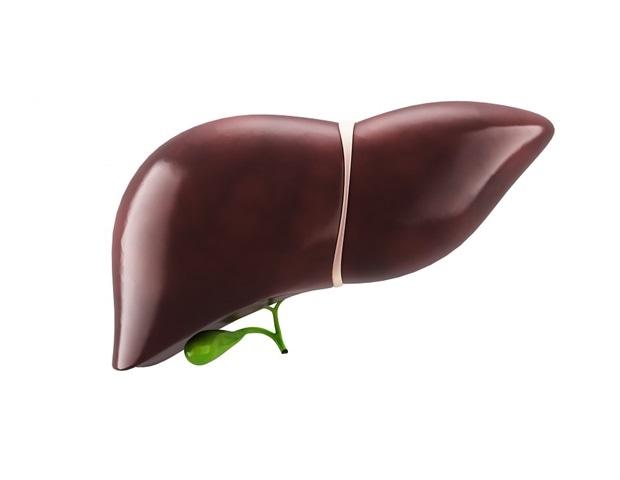New research from the University of Pittsburgh School of Pharmacy sheds light on the processes that lead to liver fibrosis and suggests a novel treatment approach for this common and serious condition. Led by senior author Wen Xie, M.D.
, Ph.D., professor and Joseph Koslow endowed chair of the Department of Pharmaceutical Sciences and co-first authors Hung-Chun Tung, graduate student, and Jong-Won Kim, Ph.
D., postdoctoral fellow, the study published today in Science Translational Medicine . In this Q&A, Xie elaborates on the study's findings and explains why new diagnostic tools and treatment options for liver fibrosis are greatly needed.
What is liver fibrosis and who is at risk? Liver fibrosis is the formation of tissue scars in the liver due to chronic inflammation and injury. Over time, fibrosis can impair liver function and may lead to cirrhosis or even liver cancer. Those at risk include individuals with chronic viral hepatitis, obesity, diabetes and excessive alcohol use.
Early detection and intervention are crucial to prevent progression to more severe liver disease. What are the current treatments for liver fibrosis? Currently there are no FDA-approved drugs that specifically treat liver fibrosis. The only treatment option is to treat diseases that cause liver fibrosis in the first place, such as hepatitis, obesity, type 2 diabetes and alcoholic liver disease.
Preventive measures include avoiding excessive alcohol, maintaining a healthy body weight and early screening.


















